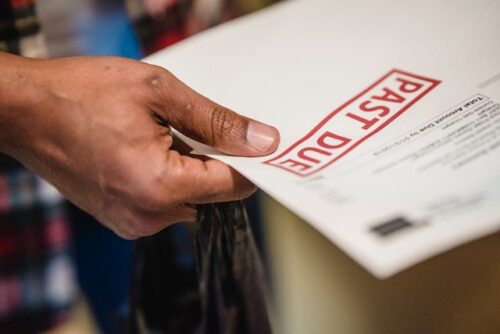
Unfortunately, many fail to understand that filing for divorce is just as much a financial and legal matter as it is an emotional one. When you or your spouse decide to file, it’s critical to understand that failure to navigate this process carefully can have a significant impact on the future of your finances. One thing many are unaware of is how Louisana handles accumulated debt in a divorce. If you are starting the dissolution of your marriage, you’ll want to keep reading to learn what you must know about these matters and why working with a Monroe, Louisiana property division lawyer is in your best interest during these difficult times.
How Does Louisiana Handle Debt in a Divorce?
First and foremost, it’s important to understand that Louisana is one of a few states that still adheres to the community property method of distribution for divorcing couples. Essentially, this means that all of your marital assets are subject to equal distribution between you and your spouse, regardless of how much you each contributed to the marriage.
Additionally, a marital or joint asset is any property accumulated during your marriage. This means your income earned during the duration of your marriage is considered a joint asset. There are some exceptions, like inheritances or gifts given to only one spouse and kept separate from other marital assets.
As such, it’s necessary to understand that during a divorce, your debt is handled the same way a traditional asset is. This means the debt accumulated during your marriage will be divided evenly between you and your spouse during your divorce. In some instances, certain debts like student loans taken out before the marriage or a car loan for a vehicle used solely by one spouse will remain the responsibility of the individual. However, debts accumulated on credit cards, personal loans, or mortgages will be divided evenly between both parties during the divorce.
Do I Have Protection if My Spouse is Purposely Spending?
If your spouse is purposely overspending and racking up debt to punish you for your decision to file for divorce, it’s imperative to understand that this generally constitutes an exception. For example, if your spouse uses a joint credit card to purchase a designer item during your divorce to spite you, you would not be responsible for paying half of the cost, as this is considered malicious spending or marital waste.
Additionally, if your spouse used joint assets to pay for their infidelity, such as running up charges for dates or hotel rooms, the judge would take this into consideration and you likely will not be responsible for these costs.
As you can see, debt in Louisiana is something that can be incredibly complicated. Because you are already navigating a divorce, this process can be overwhelming. As such, it’s in your best interest to connect with an experienced divorce attorney who can represent your best interest during these complicated times. At Breithaupt, DuBos, & Wolleson, LLC, we understand how difficult these issues can be, which is why we are dedicated to helping you through these challenging matters. When you need help, our team is here. Contact us today for more information.